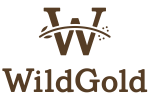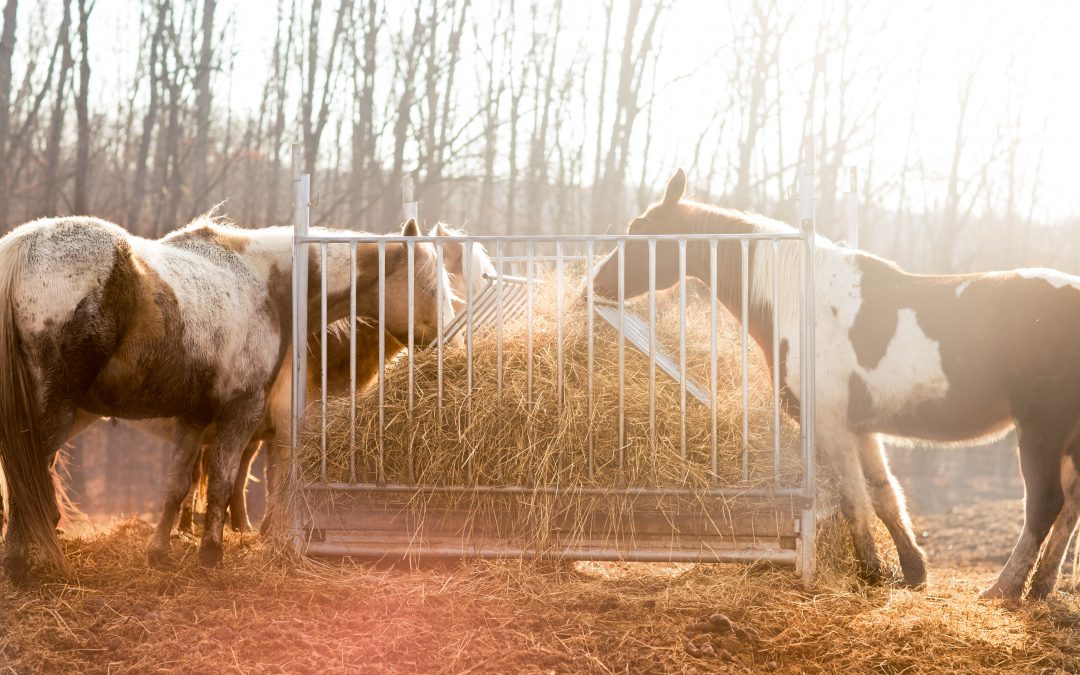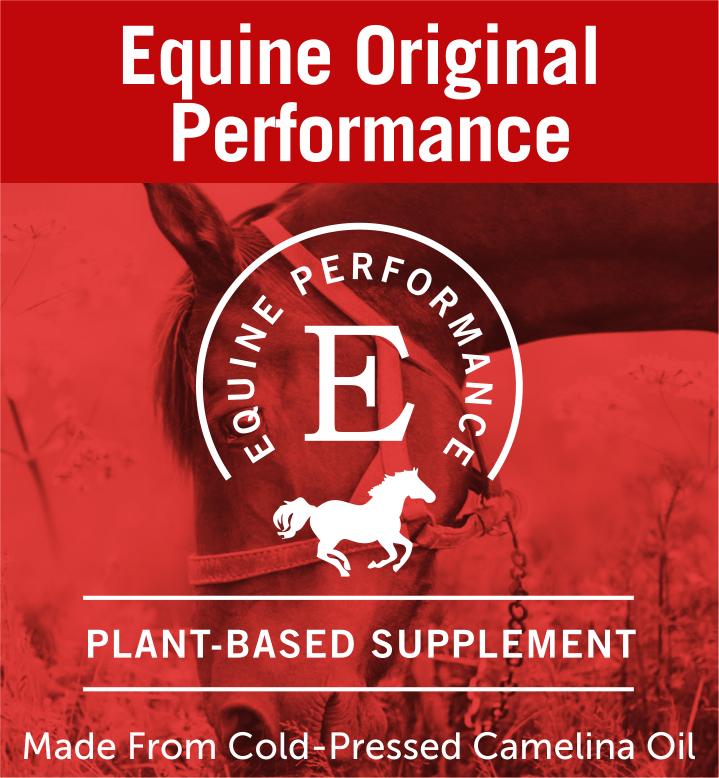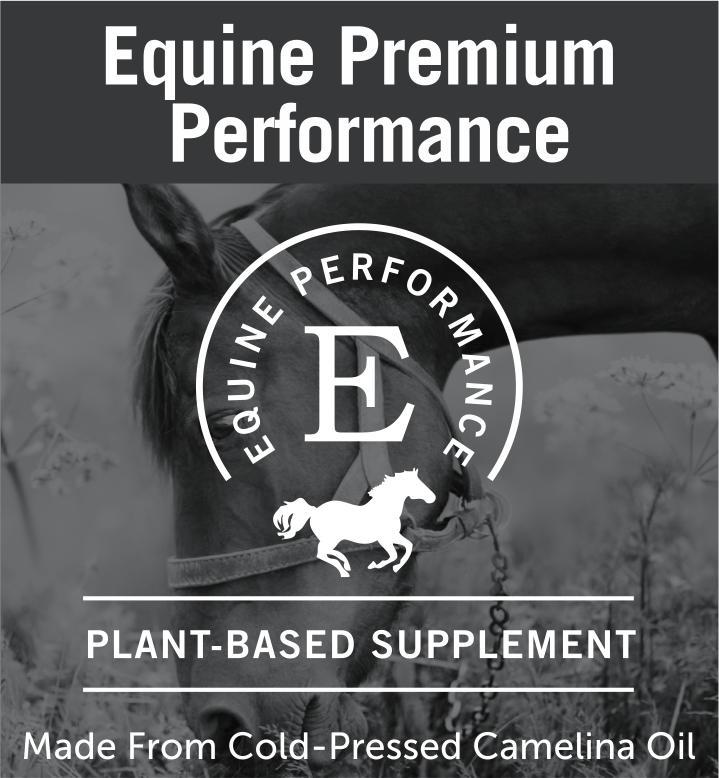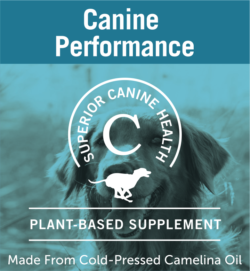Whether you’re a first time horse owner or you’ve owned for years, it isn’t always easy to know exactly what horses need in their diet. There seems to be so many “essential” elements to a healthy equine diet and any good horse owner wants to provide their horse with quality feed to maintain optimal health. The good news is, there’s a variety of feeds available to ensure your horse is getting what it needs and if not, there’s a variety of supplements available that you can add to their feed. The difficult part is understanding what could potentially be missing from your horses’ diet. As a good place to start, we have outlined five key components of an equine diet.
Carbohydrates
All parts of the diet are critical to maintain a healthy equine diet, but carbohydrates make up the largest portion. Horses being very large animals, they require sufficient carbohydrates to provide them energy. Carbohydrates are divided into two categories: structural (fiber) and nonstructural (sugars and starches). Hay and grass are a great source of structural carbs, or fiber, and can be easily digested by horses. Additionally, forage should be supplemented with corn, oats, or barley, which are great sources of nonstructural carbohydrates. These sugars and starches aren’t as easily digestible which is why they should serve as a supplement, but they provide a higher concentrated form of energy than structural carbohydrates.
Protein
Each horse does not require the same amount of protein. Young horses that are growing will require more protein than others along with training horses or horses with a high workload. However, a common misconception horse owners have is that horses need more protein, when in reality they need a higher quality of protein. Amino acids make up protein, and protein makes up muscle, hair, and hoof. The body cannot synthesize protein if it runs out of amino acids. For horses, the first to run out is often lysine, which is why many horse feeds will have added lysine. Protein is found in grass hays or legume hays. A growing horse generally needs 12-18% crude protein in its diet while a mature horse only requires 8-10%.
Vitamins & Minerals
Vitamins and minerals are both critical in maintaining optimal equine health. Horses need both fat-soluble and water-soluble vitamins. You can guarantee your horse is getting adequate vitamins just by feeding high quality, relatively fresh hay (not stored from last year). Horses can actually synthesize other essential vitamins including vitamins C and K and B-vitamins. Horses also require sufficient minerals, both macro and trace. Macro are needed in higher quantities and include calcium, sodium, phosphorus, potassium, and more. Trace minerals are just as important but are required in smaller amounts and include selenium, iodine, iron, copper, and more. Most commercial feeds have sufficient vitamins and minerals but your horse may require a supplement depending on its age and health issues.
Fats
Fat is an easily digestible source of energy for horses. It’s common for horse owners to supplement their feed with a fat in the form of an oil. Omega fatty acids, specifically omega-3 and omega-6, are particularly important in an equine diet because these fatty acids contribute to the cell membrane structure which ultimately builds immunity, endurance, and recovery. Many feeds have adequate amounts of omega-6 fatty acids, which is why many owners supplement with an oil that is rich in omega-3 fatty acids. Wild Gold’s cold-pressed camelina oil contains high amounts of omega-3 fatty acids and is more palatable than other supplement oils so it can be easily incorporated into your horse’s diet.
If you know your horses’ need a supplement of omega-3 fatty acids or vitamins and minerals, check out Wild Gold’s Camelina Oil and Mineral and Vitamin Formulation as well as other products here.
